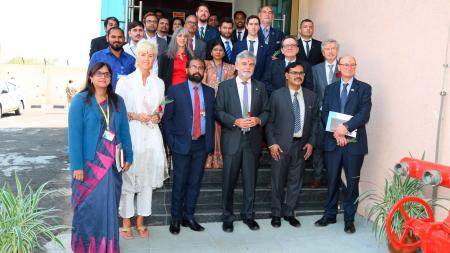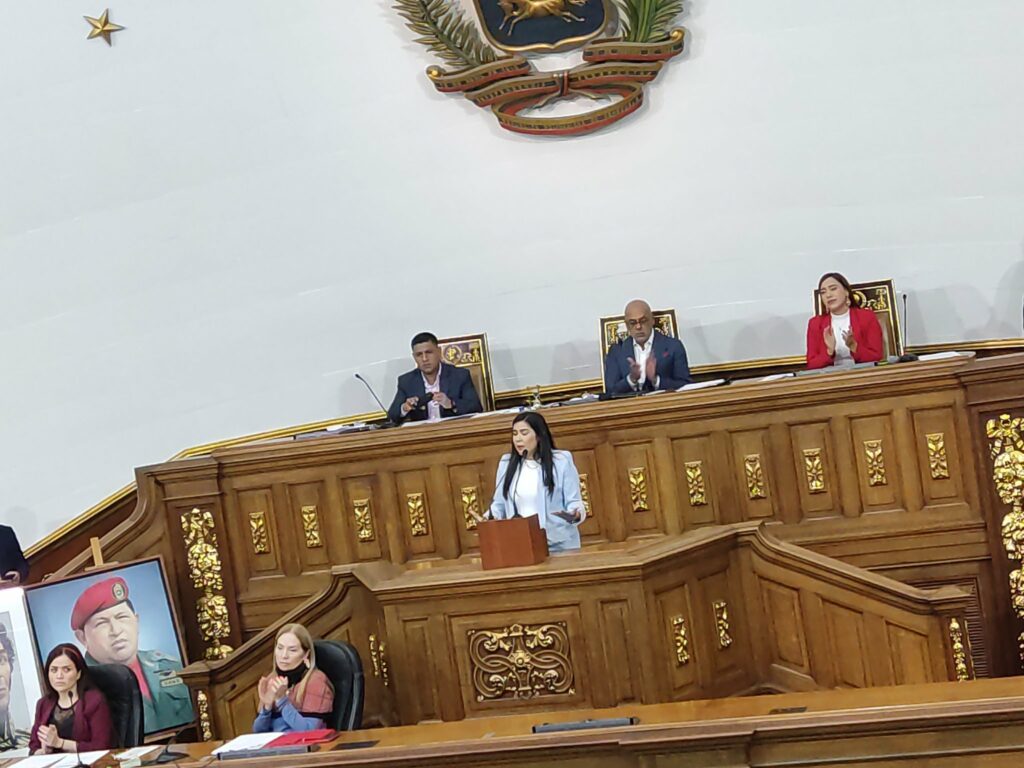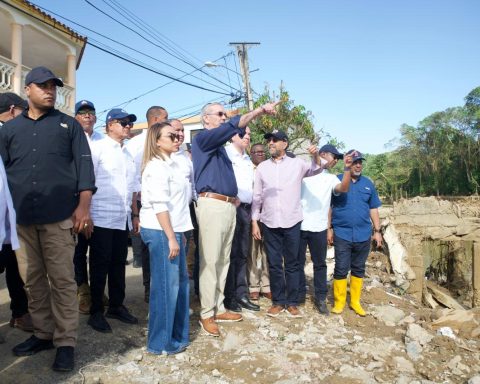As part of his tour of the Republic of Korea, India and France, the Minister of Science, Technology and Innovation, Daniel Filmus, visited the radioisotope production plant in the city of Mumbai, designed and built by the Argentine state company INVAP. The Argentine entourage It was also made up of the President of the National Atomic Energy Commission (CNEA), Adriana Serquis; the special adviser of the MINCyT, Guillermo Salvatierra; the Senator and President of the Science, Technology and Innovation Commission of the Senate, Silvina García Larraburuand the Argentine ambassador in India, Hugo Gobbi.
Filmus expressed regarding the plant with an Argentine seal: “A milestone for Argentine science. In Mumbai, we accompanied the start-up of the radioisotope production plant developed by INVAP with CNEA technology for the Department of Nuclear Energy of India. An export of national technology of more than 35 million dollars”, and explained that “we are making progress in talks with the Indian authorities on future projects to expand the facilities to produce other radioisotopes.”
“Invap is one of the most virtuous examples due to its international insertion in strategic areas and its ability to provide national companies with the possibility of participating in projects and incorporating state-of-the-art technologies. The necessary expansion of export opportunities for our production of knowledge-based goods and services requires concerted policies and efforts among multiple actors with an outlook that goes beyond the current situation. Only in this way will it be possible to transform the production model and the export matrix. At the same time, it will contribute to the construction of a more integrated and inclusive country that will see its sovereign decision-making capacity expanded,” added the minister.

For his part, Calderón explained the project and its scope: “The plant will allow India to be self-sufficient in the isotope most used for cancer diagnosis, which is Molybdenum-99. This technology was developed in Argentina about two decades ago at the CNEA where the process was carried out and radioisotopes are produced for the region and the country ”, and he remarked “with this technology, always accompanied by the CNEA in the design and implementation in these plants, INVAP in the past exported it to countries such as Algeria and Egypt.”
According to the engineer, “the plant covers the internal demand of India. It is based on a technology that we know well in Argentina” and shared that the attractiveness reaches other projects such as with Brazil and the expansion of the RA-10 Reactor plant in Argentina. “The first two years were spent designing the project and then intensive collaboration with local Indian companies to accelerate their domestic demand. The relationship was very good and work is underway to perfect the plant so that it enters into commercial operation and extend its capabilities in other isotopes that are complementary for health”, he concluded.
Argentina, through INVAP, won an international tender in 2014. Also, through a bilateral agreement signed with India in 2013, this project confirms our country’s commitment as a world leader in the peaceful use of nuclear energy.

The plant has state-of-the-art design and technology, and its turnkey export included training of personnel in operation. The plant produces Molybdenum-99 radioisotopes, an essential healthcare tool used primarily for diagnostic purposes in nuclear medicine. The assurance of the supply of Mo-99 is key to the sanitary sovereignty of any nation and with this new plant India will be able to supply and cover the demand for its population.
The diagnoses that use Mo-99 make it possible to determine the molecular activity within the human body without the need to carry out invasive practices and it is possible to identify diseases early in order to treat them in their early stages of development, which often leads to saving human lives.
On the other hand, within the framework of bilateral cooperation in science and technology, Filmus met with its Indian counterpart of Science, Technology and Earth Sciences, Jitendra Singh, with whom they agreed to launch a call to develop research projects in biotechnology and transition between the two countries until April 30, 2023, organized by the Ministry and the Department of Science and Technology of the Indian Ministry of Science and Technology.
The cooperation will consist of joint research and visits to laboratories to facilitate research. Both parties will finance up to four joint research projects of up to two years duration. The ministry will finance up to 10,000 dollars (its equivalent in pesos) per project per year.
















